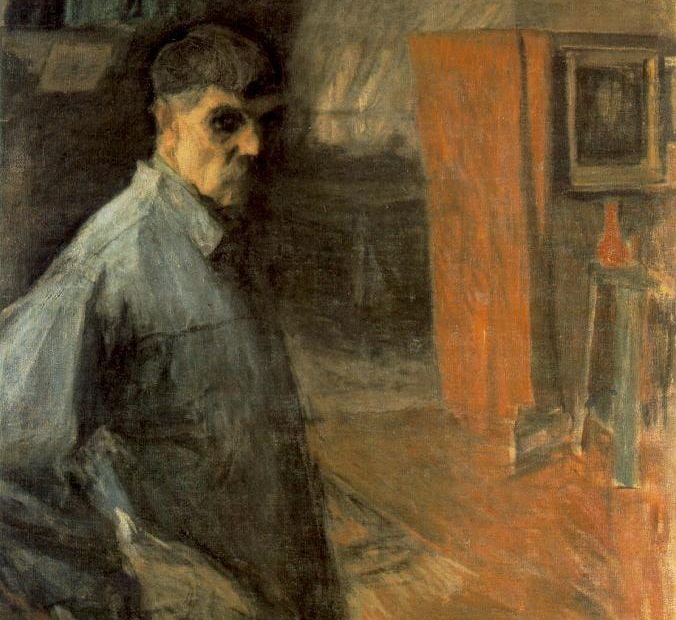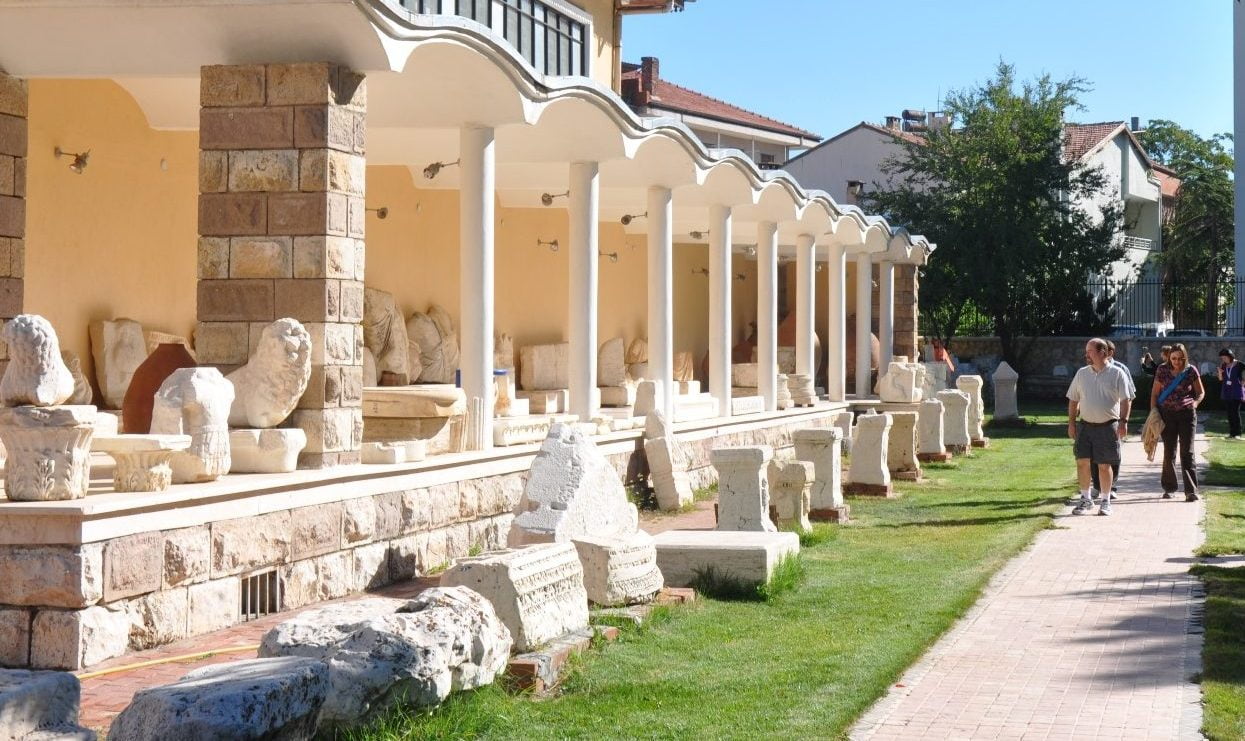Importance of Anatolia
Importance of Anatolia and Yalvac in the Development of Religions
Anatolia`s generous heart and warm embrace were the tolerant setting for historical events related to...
Money and Interest
Government Bonds Less Interest
When it comes to government bonds, on the other hand, the returns are less interesting. Mathias Bauer, head of Raiffeisen Capital...







